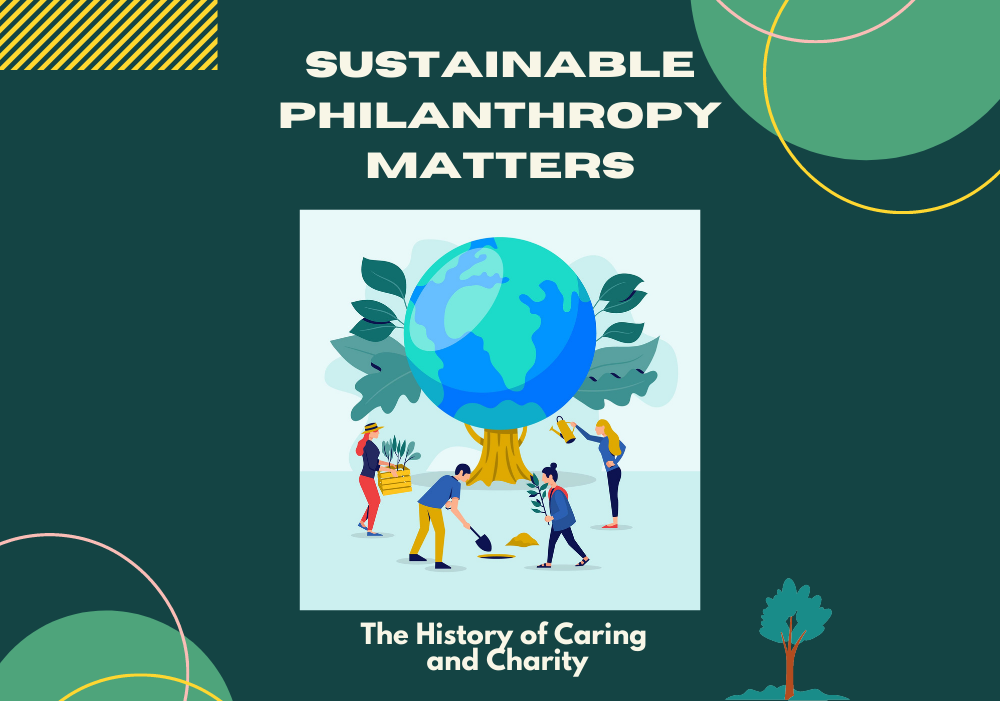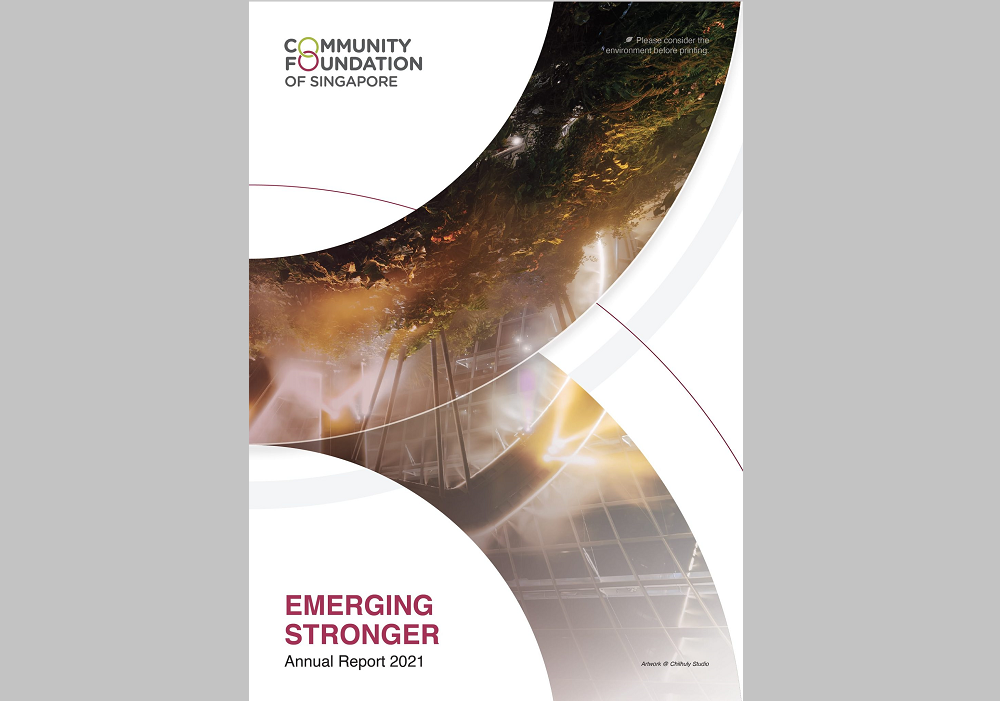
Sustainable Philanthropy Matters: The History of Caring and Charity
In this three-part series ‘Sustainable Philanthropy Matters’, we explore the surprisingly intimate relationship between philanthropy and sustainability and how the practice of one can in fact, lead to the advancement of the other. Both of these issues are close to our hearts here at CFS and we want to share how our philanthropy can help preserve our planet, our communities and our future.Believe it or not, philanthropy and sustainability are concepts that have been around for millennia. Our forefathers understood the need for charity and living with the future in mind long before we had frameworks and modern models for them.







